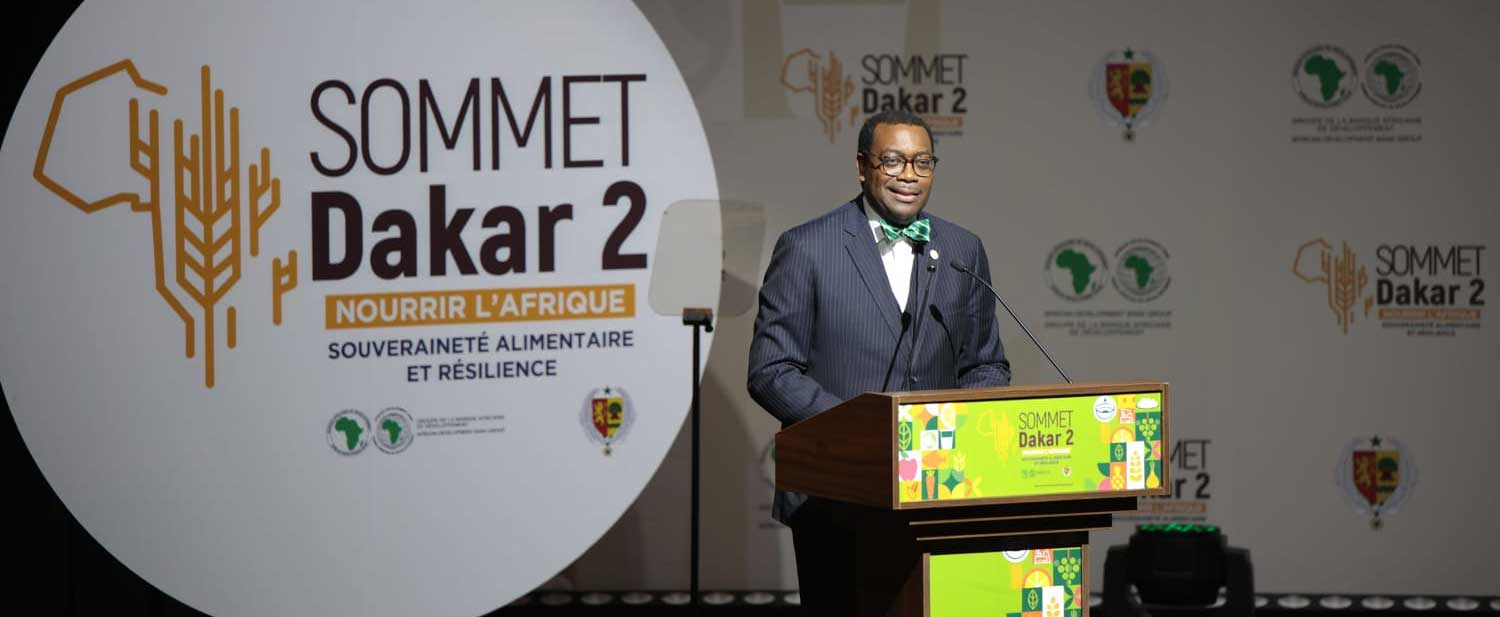The second Dakar Financing summit for Africa’s Infrastructure Development took place in Senegal from January 25 to 27th with 69 infrastructure projects worth $160 billion showcased.
African heads of government and presidents, the African Development Bank (AfDB), development finance institutions, and institutional investors adopted modalities for completing the project by 2030.
The 69 projects are under the Programme for Infrastructure Development in Africa (PIDA), a blueprint for infrastructure development to spur Africa’s competitiveness and economic integration.
Financing SMEs
During the high-level summit, the AfDB and the Government of Canada established a special fund to boost Africa’s small and medium-sized enterprises (SMEs) in the agriculture sector.
The Agri-food SME Catalytic Financing Mechanism aims to bolster agricultural value chains and improve food security across Africa, as the continent grapples with harsh climatic changes including severe drought.
“At the Africa Food Summit, we have seen a strong commitment to addressing the financing gap for SMEs and creating an environment that encourages private sector investments in climate-smart, gender-oriented agricultural solutions,” Dr. Beth Dunford, the Bank’s Vice President for Agriculture, Human and Social Development told the press.
In her speech during the Dakar Summit, Rebeca Grynspan, Secretary-General of UNCTAD raised concerns over high food prices. This food affordability crisis, according to Ms Grynspan, has meant that acute food insecurity has tripled in three years to almost 350 million people, and that six countries in the world are in a state of famine – four of them in Africa.
“Making matters worse, rising interest rates are hurting African currencies, making food imports even more expensive. To give you an example, Ethiopia is now paying about 180 per cent more for wheat than in 2020 – and almost half of that increase is due to currency depreciation against the Dollar,” her statement read in part.
Dakar Summit focuses on Feeding Africa
The UNCTAD boss further raised the alarm over the cost of fertilizer, a key input in Agriculture.
“Another factor making this crisis much worse is what we call the fertilizer market crunch. Today fertilizer prices are more than twice and half times their pre-pandemic level, which is having brutal distributive effects, both within and among countries,” she stated.
During the Dakar summit, themed ‘Food Sovereignty and Resilience’, the president of Senegal and the African Union, Macky Sall, said that “Africa must learn to feed itself”.
“To transform our potential into reality, we need to allocate at least 10% of the national budget to the agricultural sector”, Sall told the gathering that included several African heads of state.
Speaking at the summit, Kenyan president William Ruto called for more action to ensure that Africa does not lag behind.
“Let me say that the fact that we are having this conversation so many of us, as heads of states, from our good continent, and we’re discussing food, is not a very interesting thing to do. I think we should be discussing beyond food 60 years after the independence”.

